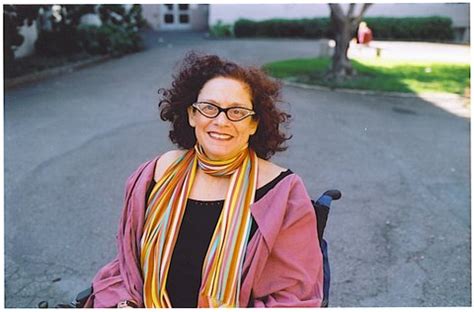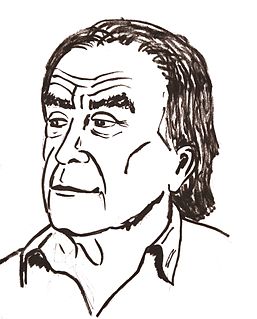A Quote by John McCain
During one period while I was in solitary, I memorized the names of all 335 of the men who were then prisoners of war in North Vietnam. I can still remember them.
Related Quotes
Most of us who were opposed to the war, especially in the early '60's - the war we were opposed to was the war on South Vietnam which destroyed South Vietnam's rural society. The South was devastated. But now anyone who opposed this atrocity is regarded as having defended North Vietnam. And that's part of the effort to present the war as if it were a war between South Vietnam and North Vietnam with the United States helping the South. Of course it's fabrication. But it's "official truth" now.
Every book that comes out, every article that comes out, talks about how - while it may have been a "mistake" or an "unwise effort" - the United States was defending South Vietnam from North Vietnamese aggression. And they portray those who opposed the war as apologists for North Vietnam. That's standard to say. The purpose is obvious: to obscure the fact that the United States did attack South Vietnam and the major war was fought against South Vietnam.
I would like to say something, not just to Vietnam veterans in New England, but to men who were in Vietnam, who I hurt, or whose pain I caused to deepen because of the things that I said or did. I was trying to help end the killing and the war, but there were times when I was thoughtless and careless about it and I'm...very sorry that I hurt them. And I want to apologize to them and their families.
Finally, I wish to remember the millions of Allied servicemen and prisoners of war who lived the story of the Second World War. Many of these men never came home; many others returned bearing emotional and physical scars that would stay with them for the rest of their lives. I come away from this book with the deepest appreciation for what these men endured, and what they scarified, for the good of humanity. It is to them that this book {Unbroken} is dedicated.
There's a kind of poetic aspect to inert gas. And remember, first of all, they were completely unknown a hundred years earlier. We just didn't know about them. And then when they were discovered in the atmosphere, the idea that this is a material that would breathe in and exhale and becomes part of us for a while made it even more intriguing. The names, the Greek names, are interesting, too - if you translate neon, xenon and so forth are kind of interesting.
With 450,000 U. S. troops now in Vietnam, it is time that Congress decided whether or not to declare a state of war exists with North Vietnam. Previous congressional resolutions of support provide only limited authority. Although Congress may decide that the previously approved resolution on Vietnam given President Johnson is sufficient, the issue of a declaration of war should at least be put before the Congress for decision.
Men's magazines in the period immediately after World War II were almost all outdoor-oriented. They were connected to some extent in the male bonding that came out of a war... And what I tried to create was a magazine for the indoor guy, but focused specifically on the single life: in other words, the period of bachelorhood before you settle down.
There's just no question that the United States was trying desperately to prevent the independence of South Vietnam and to prevent a political settlement inside South Vietnam. And in fact it went to war precisely to prevent that. It finally bombed the North in 1965 with the purpose of trying to get the North to use its influence to call off the insurgency in the South.
Of course, you have politics, the Vietnam war and all that monkey business. There are all kinds of reasons. At every one of those demonstrations in the late Sixties about the Vietnam war, you could guarantee there'd be a series of speeches. The ostensible purpose was to protest the war. But then somebody came up and gave a black power speech, usually Black Muslims, then. And then you'd have a women's rights speech. It was terrible to listen to these things.
I do occasionally wonder, if you were to bring to life one of those young men who sacrificed themselves in what was advertised to them as the Great War, and the war to end all war, and show them that we're still engaged in armed conflict in the same area, I'm not sure that they would be pleased about what their sacrifices amounted to.
































